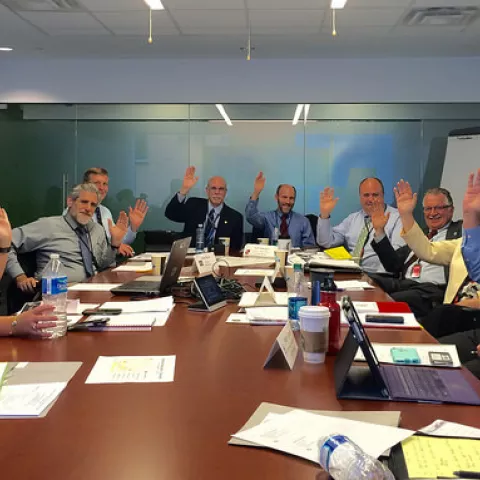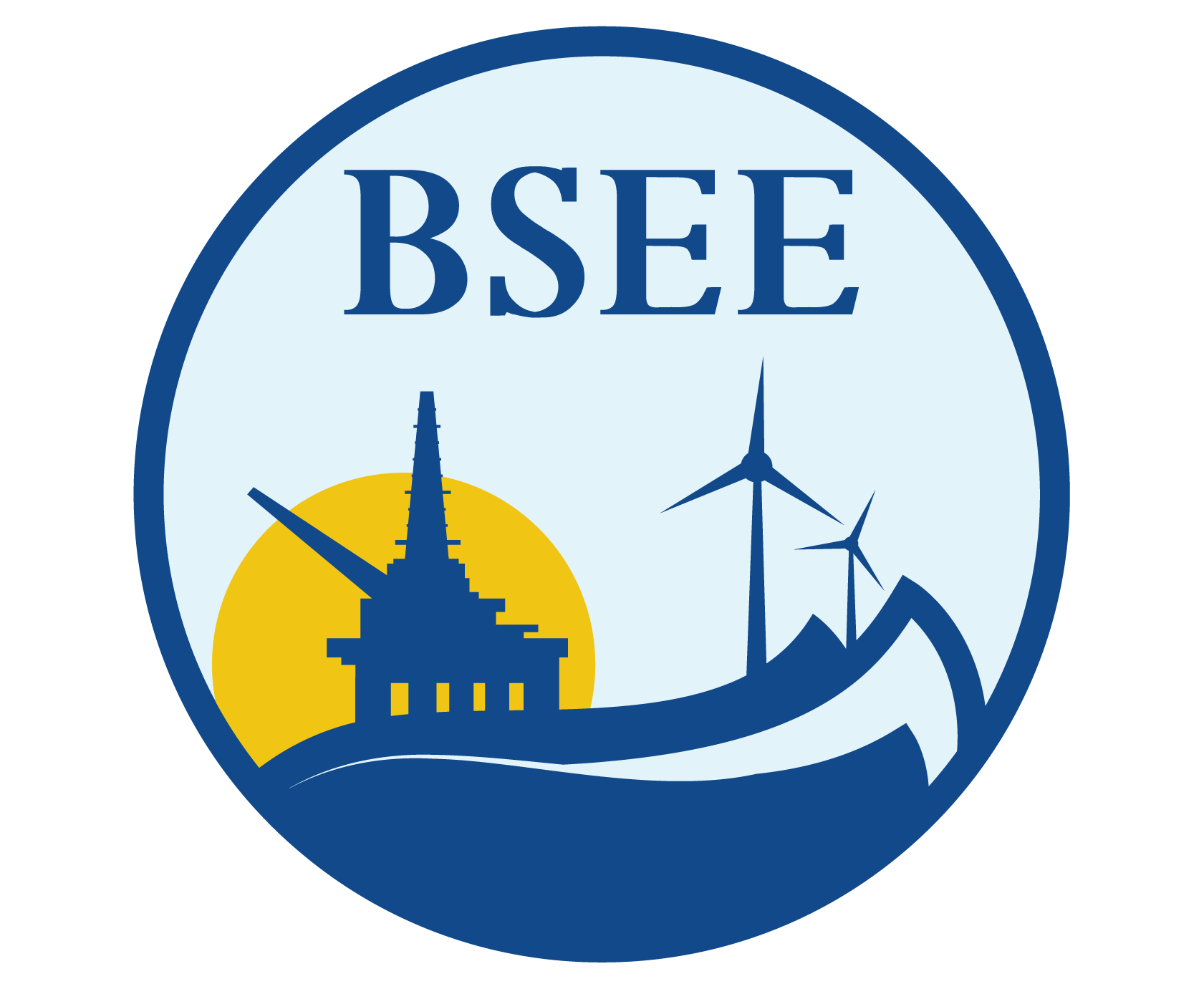ARLINGTON, Va. - The Interagency Coordinating Committee on Oil Pollution Research unanimously approved the Oil Pollution Research & Technology Plan for FY2015-2021 at the committee’s quarterly meeting Sept. 29, 2015 in Arlington, Virginia. The purpose of the plan is to provide current assessments of the nation’s oil pollution research needs and priorities. This is the first update to the plan since 1997.
'The research needs focus on the tools and technologies employed by the Coast Guard On-Scene Coordinators to address oil spills in the marine environment,' said Bill Vocke, who works for the Coast Guard's incident management and preparedness policy directorate at Coast Guard Headquarters and also serves as ICCOPR’s executive director. 'Addressing these priority needs will not only improve our capabilities to respond to spills but also improve prevention, preparedness, and injury assessment/restoration capabilities,' said Vocke.
The FY 2015-2021 version of the plan includes two parts. Part One explains why oil pollution research is needed and the parties that are involved in research activities. It also presents the committee’s Oil Pollution Research Categorization Framework for tracking research activities and successes. Part Two presents the committee’s research priorities. It also explains the process that the committee used to identify present research gaps and priorities, noteworthy oil spill events, and the current state of oil pollution knowledge. The committee intends to update this plan every six years to reflect advancements in oil pollution technology and changing research needs.
BSEE's Lori Medley, Chief, Oil Spill Response Research Branch, served as the Vice Chair of the committee during the period the Plan was developed. Ms. Medley said, 'Approval of the Research & Technology Plan represents a major accomplishment by the committee. It will set the tone and direction of oil pollution research over the next several years, and reflects the re-energized commitment to the organization's mission by its member agencies.'
This plan does not establish any regulatory requirement or interpretation, nor imply the need to establish a new regulatory requirement or modify an existing regulatory requirement.
The committee, established through the Oil Pollution Act of 1990, has a twofold purpose. In addition to preparing the coordinated Federal oil pollution research and development plan, the committee promotes cooperation with industry, universities, research institutions, state governments, and other nations through information sharing, coordinated planning, and joint funding of projects.
-BSEE-

